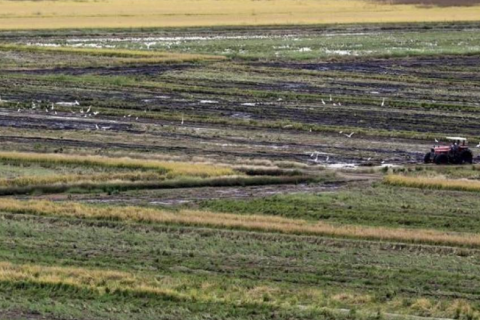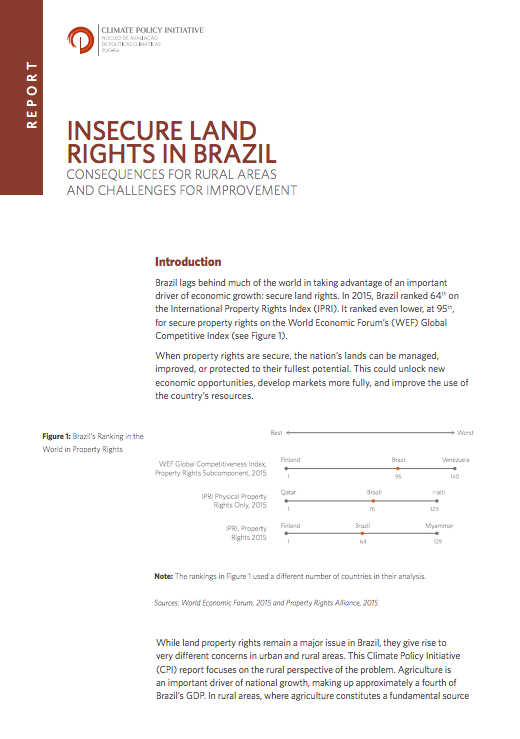Indonesia has the Fastest Urbanization Growth in Asia
By: Leo Jegho
Date: August 31st 2016
Source: Global Indonesian Voices
With urban growth averaging 4.4 percent annually, it is predicted that 68 percent of Indonesia’s population will live in cities over the coming 10 years.
Jakarta, GIVnews.com – Indonesia’s total population is currently about 255 million people, according to the Central Bureau of Statistics (BPS).










